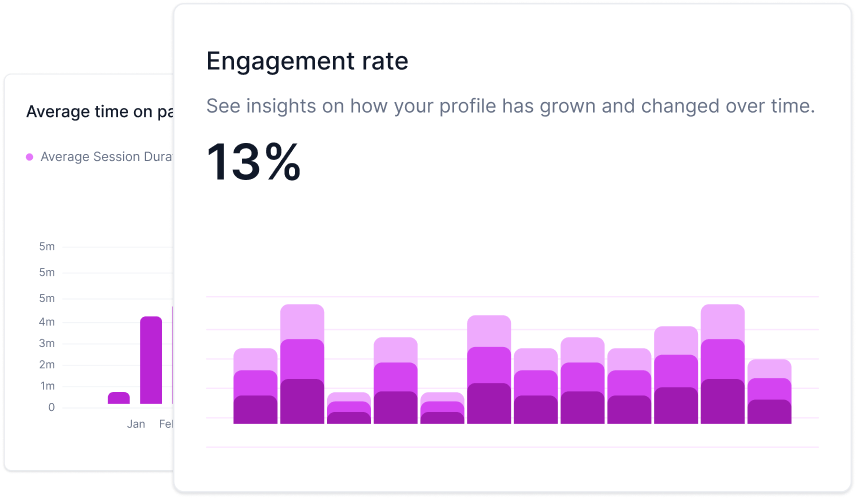What is the Cost-Per-Click (CPC)?
In the ever-evolving digital marketing landscape, terms like "Cost-Per-Click" or CPC are tossed around frequently. If you're new to the world of online advertising, this article will serve as your compass, guiding you through the intricacies of CPC. We'll answer three fundamental questions that anyone interested in CPC should ask. So, let's get started.
How Does It Work?
Cost-per-click, or CPC, is the heartbeat of pay-per-click (PPC) advertising. It's a pricing model where advertisers pay a fee each time a user clicks on their ad. Essentially, CPC is a way to measure the cost of driving traffic to your website.
Here's a simple breakdown: Imagine you run an online store selling handmade jewelry. You decide to advertise on a search engine like Google. For each click your ad receives, you pay a predetermined amount, which can vary widely depending on factors such as keyword competition and ad quality. CPC is fair because you only pay when someone shows genuine interest by clicking on your ad.
How Can You Reduce Your CPC and Make Your Advertising Campaigns More Cost-Effective?
Now, the question on every advertiser's mind: How can you make the most of your budget while keeping CPC in check? Here are some tips:
- Keyword Research: Begin by selecting the right keywords for your ads. High-competition keywords often come with a higher CPC. More specific long-tail keywords can sometimes yield lower CPC and better-converting traffic.
- Quality Score: Search engines like Google use a Quality Score to determine the relevance of your ads to the user's query. Improve your ad's quality score by ensuring that your ad copy and landing page match the keyword and offer a good user experience.
- Ad Extensions: Use ad extensions to enhance your ad's visibility and relevance. These can include site links, callouts, and structured snippets, which provide more information to potential customers.
- Ad Schedule: Consider when your ads are displayed. You can schedule your ads to appear during peak times when your target audience is most active, potentially increasing the chances of clicks.
- A/B Testing: Regularly test different ad variations to see which ones perform best. This helps you optimize your campaigns and reduce CPC over time.
What Factors Influence CPC, and How Can You Improve Ad Quality and Relevance?
Several factors impact your CPC, and mastering them is key to optimizing your ad campaigns. Here's a closer look:
- Competition: In highly competitive industries, CPC tends to be higher. The more advertisers bidding on the same keywords, the more you'll likely pay for clicks. In niches with less competition, CPC can be lower.
- Ad Rank: Your ad's position in search engine results is influenced by your Ad Rank, which considers factors like Quality Score, bid amount, and ad extensions. Higher positions can lead to more clicks but might also increase CPC.
- Ad Relevance: Ensure that your ad is closely related to the keywords you're targeting. The more relevant your ad, the better it will perform, potentially lowering your CPC.
- Landing Page Experience: A user-friendly, informative landing page can reduce bounce rates and encourage conversions. Search engines reward this with a better Quality Score, which can lead to a lower CPC.
- Geo-Targeting: Targeting specific geographic regions can also affect CPC. Depending on demand and competition in a given area, you might experience varying costs.
In conclusion, Cost-Per-Click (CPC) is a pivotal concept in online advertising, and understanding how it works and how to optimize it is crucial for digital marketers. By conducting thorough keyword research, improving ad quality, and monitoring ad performance, you can reduce your CPC and make your advertising campaigns more cost-effective. Remember, it's a dynamic process that involves continuous learning and fine-tuning.

